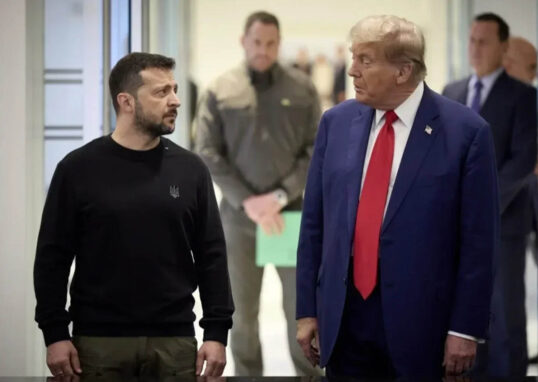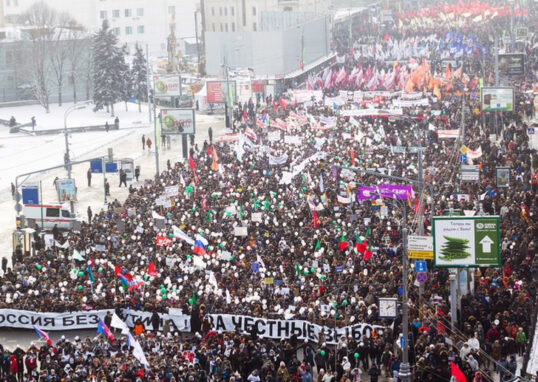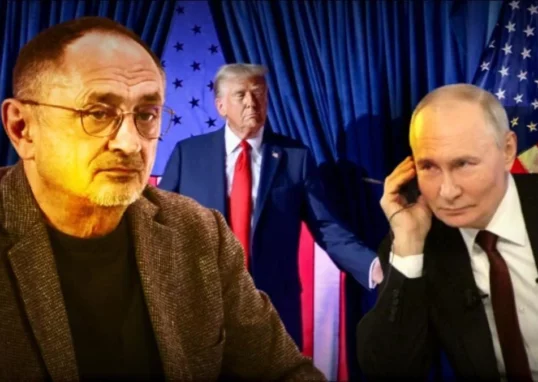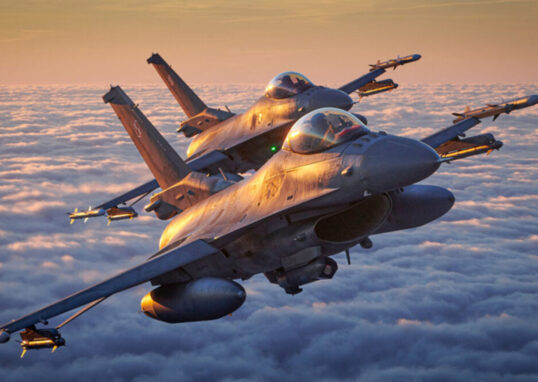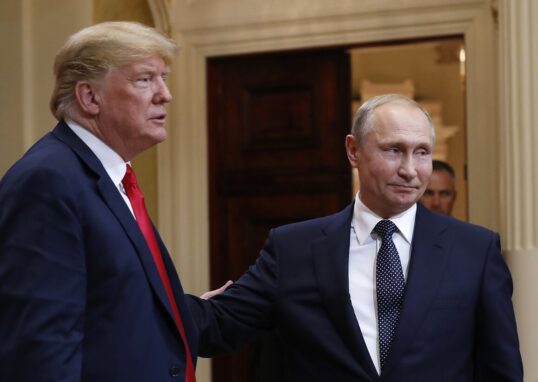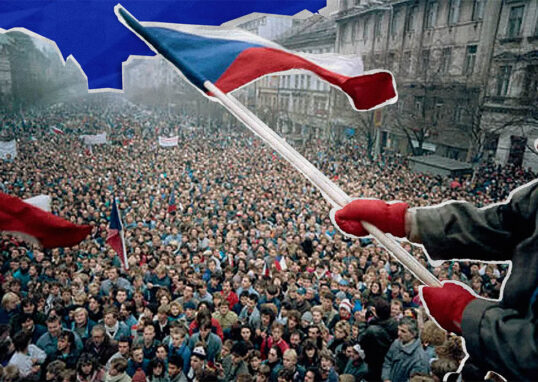An estimate of “toxic” economic presence from Russia in the US and EU has significantly changed in 2017. Shock of western societies from actions of Kremlin in Crimea in 2014 led to sanctions regime, halt to big deals (such as on sale of French warship Mistral) and downturn to trade volumes between European Union and Russian Federation by 50% in 2014-16. During this period some European industrial entities and politicians while criticizing annexation publicly spoke about ineffectiveness of sanctions. Most prominent voices came from Germany, Italy, Czech Republic, Slovakia and Hungary.
This led then Vice President Joe Biden to say in September 2016 that five EU countries are not firm in their stance on sanctions. But events linked to electoral campaign of Donald Trump led to a radical change of situation. Throughout 2017 a completely new background for perceptions of Kremlin on global stage was formed in the West.
Before these events actions from Kremlin were seen by many as defensive. There were many publications about Kremlin’s cooperation with Far Right politicians in Europe and limited interference in public opinion through propaganda outlets like Russia Today and Sputnik but the scandal in the US made a completely different impression. Now Kremlin was seen transferring from lobbying against sanctions to an active policy of meddling in political life of other societies. A picture similar to Russia’s actions in Ukraine in 2014 appeared (when evidence showed that Russia aims to create a wide divide in Ukraine over the idea of Novorossiya state that would end Ukraine as a sovereign state).
After Trump’s electoral campaign a new consensus was clearly emerging that saw Kremlin actively operating in different countries with the aim to shatter Western societies. In 2017 US authorities started investigations into unacceptable contact with Russian representatives by Trump team members (Manafort, Flynn, Papadopoulos, Kushner) and interference by Russia-backed hackers, then Kaspersky Lab got under suspicion. All this raised attention of European governments to possible penetration of Russian hackers and trolls into elections in France, Germany, Austria and Czech Republic. In the second half of the year statements of similar concern from high level officials from Netherlands, Germany came and then UK Prime Minister Theresa May and top officials in Spain spoke about meddling in referendum over Brexit and independence of Catalonia.
Attention by US and European secret services to Russia’s activity in social media and to attempts to sow division in Western societies lead to a revision of an even larger question: about toxic nature of big Russian business established in the West long time ago. This question has two sides. First one refers to the scale of transferring corrupt business practices from Russia. This problem is now actively discussed in London. Big scandal arose around operations of Russian billionaire Dmitry Rybolovlev in Monaco. Owners of multi-billion wealth establish strongholds in Western countries, a whole network of lawyers, real estate agents, brokers, “friends” from political, media and art circles form around them. As a result, Russian money create a vast loyal environment that becomes a silent and complicit participant of corrupt (i.e. outright criminal) practices or undermining corrosive actions against Western institutions and values (i.e. not necessarily defined clearly by Law but still having clear negative impact for democratic system).
Today this phenomenon is enhanced that a whole new business to circumvent or mitigate sanctions through third countries appeared. In particular, this includes corridors for delivery and exit of Russian money from entities placed under sanctions. In this new situation it is inevitable that the quality of prior business deals that previously seemed like regular investments start to be questioned.
Second side of the question concerns suspicions that handlers of big Russian capital may perform shadowy services to Kremlin in political life in the West. Highly concentrated Russian state capitalism allows Kremlin to use “purses” of loyal businessmen for any of its needs. After 2014 what seemed previously as unclear and disparate episodes in the situation of new conflict with Russia starts to look like a large scale and well-paid shadow war. Why did Russo-Czech bank in Prague gave loans to Marine Le Pen? How did Russia hide massive doping by its sportsmen? What are the relations between European Parliament deputies who visit occupied Crimea despite sanctions with the Russian business?
A symbol of new situation is businessman Yvgeny Prigozhin. He is referred to as “Putin’s cook”, i.e. restaurant owner with links to Kremlin. At the same time he is called as organizer of the so called Olginskaya troll farm and he also financed private military operations of a person with a nick name Wagner who operates in the military interests of Kremlin in Syria.
In 2017 security services of many European countries published their annual reports which highlighted this very problem. It is not fully clear how Russian toxic money operates in the West and its impact on political destabilization should be further investigated. This year German intelligence for the first time publicly acknowledges that a new generation of children of Chechen refugees from wars and violence of 1994-96 grew up in Germany. And pro-Putin support is strong among this generation and this community impacts Berlin’s muslims in general. BND also claims that this community is highly infiltrated by Russian security services. A report of Czech intelligence from 2016 says that Russian economic presence in the Republic raises concerns. Lobbying of economic relations with Moscow previously seen as “business as usual” is beyond what is acceptable and constitutes an instrument of influence on internal politics.
Minimal level of trust between Kremlin and western governments has been destroyed by Moscow’s policies since 2014. In the environment of distrust atmosphere of “war” between intelligence services is rapidly gaining pace. A context is created where any news on actions of big Russian business in the West or any other similar influence start to be seen with suspicion and are put by journalists in the series of similar events. A consistent perception is growing that Kremlin uses different resources of “shadow war” against the West, including not only state but seemingly private means.
This is negatively reflected on economic activity of Russian entities in IT, telecoms, mining, nuclear, media and transport industries. Previously clear criteria is gone: where are the companies and their bosses that should be sanctioned as direct participants of opportunistic policies of Kremlin against Ukraine whose capitals are already labeled as toxic and where are the companies that supposedly remain as “quality partners”?
Evidently, Putin’s next presidential term (2018-2024) will not see any significant change in Kremlin’s policies, therefore atmosphere of distrust will only deepen. Along this there will be more revelations of western links with businesses, intelligence and political leadership in Moscow, all the links that exacerbate new Cold War that Kremlin is engaging in.
2017 saw an announcement of the loud claim that $1 trillion was taken out of Russia over the last decade by various businessmen and that this capital is invested into different assets, especially in real estate and primarily in offshore jurisdictions. Before 2014 these investment did not raise questions about their “political” component. Now this question is sharply raised. How much of this capital can be mobilized by Kremlin in its political war against the West? In the conditions of diminishing transparency of Kremlin’s policies any Russian economic presence will be questioned in the West. It is already clear that question of where is “the personal wallet” of Vladimir Putin is no longer the most pertinent now, but much more concern is given how any economic leverage from Russian businessmen works in the interests of Kremlin. Where is the red line between toxic and acceptable money? Kremlin’s policy is pushing Russian Forbes list into a tough situation.
Putin’s regime forces Russian businessmen and their western partners to actively participate in mechanisms to circumvent sanctions. This brings to surface new scandals like a recent story about supply of turbines from Siemens to Crimea. Kremlin actively uses long established bilateral economic relations so that representatives of western businesses lobby their politicians to lift or ignore sanctions. Clearly, all these practices require detailed investigation: money from Russian state budget allocated for propaganda purposes abroad are a smaller threat than the corrosive influence of Russian capital that are nominally private but in reality are often used for political purposes in Europe.
Underminers. Toxic money from Kremlin: where is the red line
